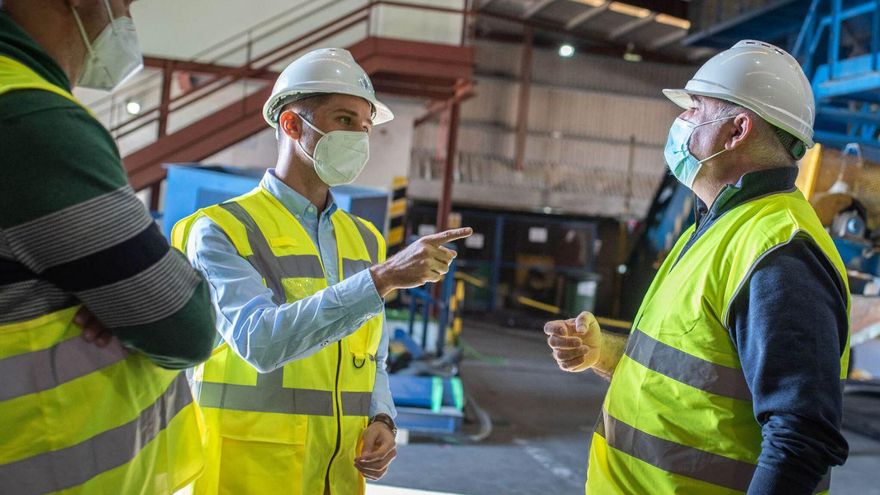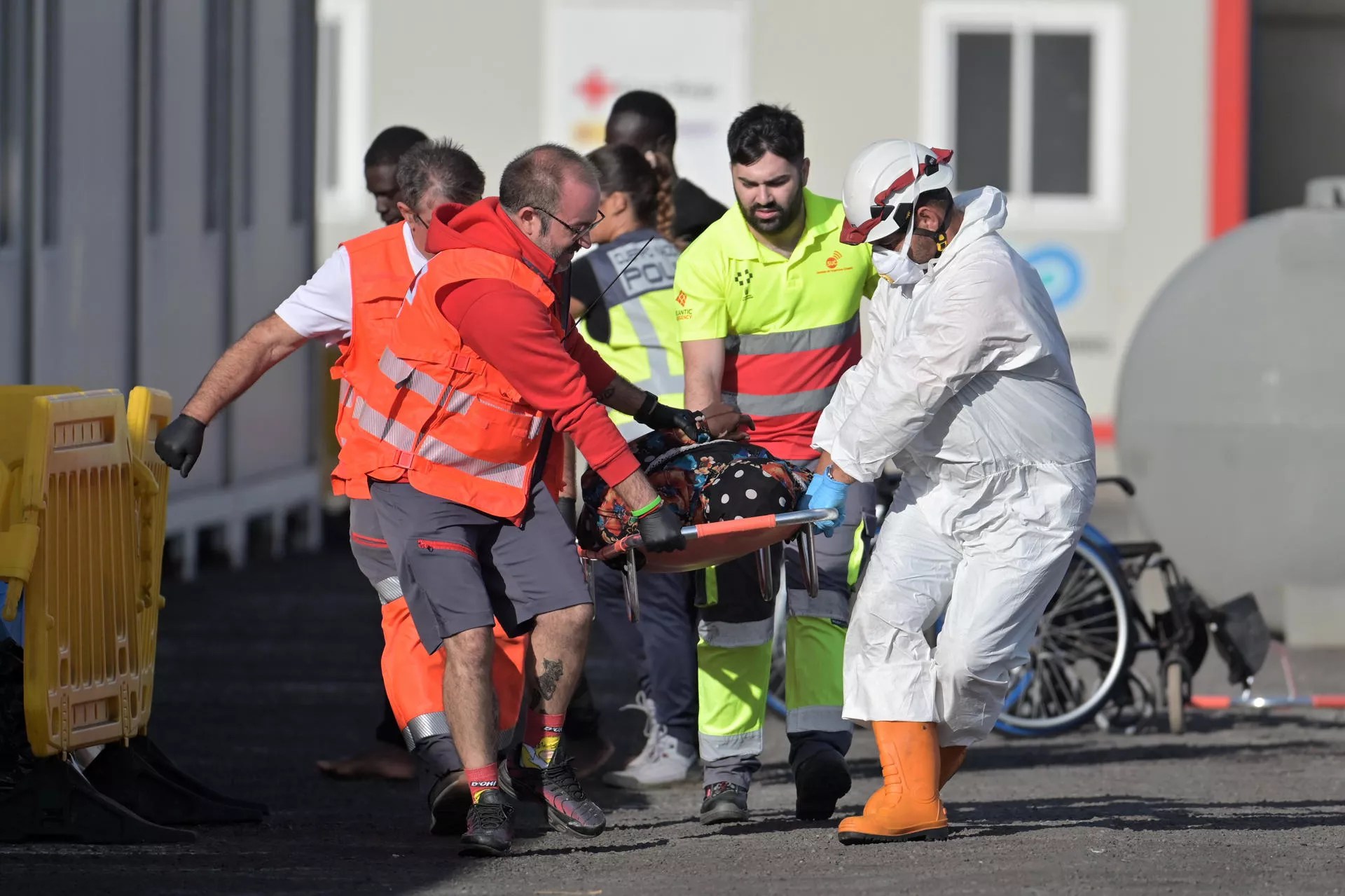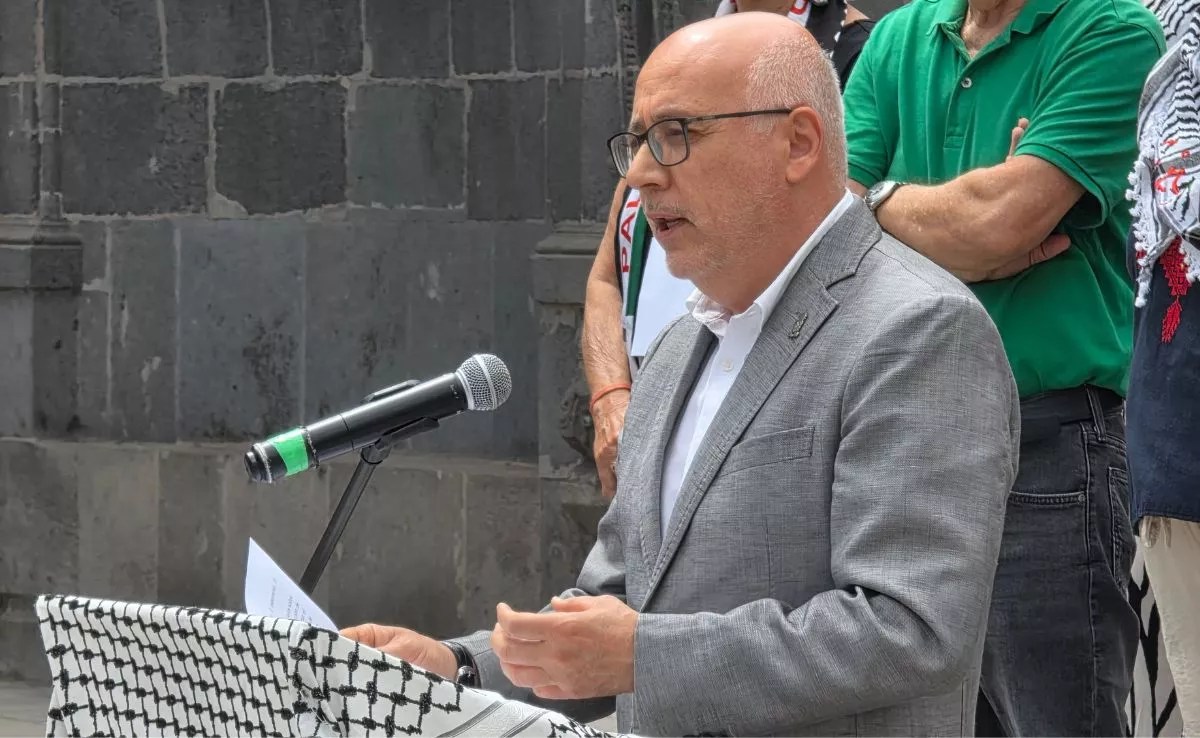
The government of Tenerife Council (PSOE-Ciudadanos) maintains the contest for a private company to install a recycling plant in el Environmental Complex of Tenerife (CAT de Arico) that includes treatments through high temperatures. It does so despite the agreement of the Plenary Commission of November 19 that asked to “reverse” the contest with the votes of CC, PP and Sí Podemos Canarias, the latter external partner formation of the island government. These groups understand that what is intended to be done there is to install “an incinerator to burn garbage.” The government team denies this and considers that several reports requested from the Insular Waste Service and the University of La Laguna (ULL) endorse these treatments, which would be introduced for the first time in the Islands. This is how the Minister of Sustainable Development, Javier Rodríguez, defends the initiative to end “30 years of burying garbage.”
The counselor explains that since that November 19, he requested three reports: one to the Sustainable Development service of the Cabildo, another to the ULL and a third to the Government of the Canary Islands. The first two have already been delivered and, according to Rodríguez, “guarantee what we have defended from the beginning: there is no incineration.” The Cabildo study, says the counselor, “is signed by the six components of the service, engineers and women, because they wanted it that way.” The document from the ULL Heterogeneous Catalysis Research Group “is signed by two doctors and a doctor.”
The process.
The exploitation of a 25,000 square meter plot in the Arico complex proposes the installation of a plant that, in addition to conventional recycling, may incorporate thermal treatments, which consist of applying heat to the waste to reduce it to a minimum and obtain energy. The Cabildo rejects that these processes – pyrolysis, gasification and plasma – can technically be considered incineration, although they involve an application of temperatures between 300 and 4,000 degrees Celsius. It alleges that the contest excludes incineration itself, not contemplated in the Canary Islands Waste Plan (Pircan). In contrast, CC, PP, Sí Podemos Canarias, the Arico City Council and environmental groups do believe that it is incineration and that these processes are among the least advised by the European Union, which asks to prioritize recycling. The technology to be developed uses heat in the absence of oxygen (pyrolysis), oxygen to destroy matter (gasification) and an electric field (plasma process). One thing does seem clear: waste treatment policies have not been effective given the enormous volume of garbage that reaches Arico, almost 600,000 tons a year. More than 90% are buried and that scenario wants to be eliminated by the island government group.
Conclusions.
Two of the three reports commissioned by the island government reach similar conclusions. They endorse that “the tender for the plot complies with European, state and Canary Islands regulations on waste.” Also that “energy recovery by oxidation incineration is prohibited” and that “the waste hierarchy principle is respected, since the solution to be implemented will avoid the worst option, cell dumping.” Lastly, they consider that “the separation at source of waste is not discouraged, since mainly fractions of rejects from mechanical processes carried out in the CAT that are deposited in the cells (that is, they are buried) will be valued”. Regarding the third report, that of the Canary Islands Government, Rodríguez Medina points out: «We are waiting, although it is only about accommodating the Canary Islands Waste Plan. We are sure that it will be so, but we want to have it in writing.
Two offers.
On December 15, the deadline for submitting offers to exploit the plot in Arico was met. Two have been received, after the opening of envelope 1. They correspond to two temporary unions of companies (UTE): Arico Green Gas and Romeral Servicios Públicos. The latter was excluded for having submitted the proposal after the deadline. The next step in the process will be to open envelope 2 that contains the technical and economic characteristics.
«An endorsed proposal».
Javier Rodríguez highlights that “the technical reports issued by the Cabildo officials and the ULL team of researchers confirm that the proposed proposal is consistent with the policies promoted by Europe and the central and regional governments to achieve a more sustainable management of waste ». The counselor adds that “Tenerife has been burying waste for 35 years, an environmental and energy nonsense”. “This situation places us in the last step of the waste hierarchy, the most unfavorable: bury everything that goes to the containers, in our case most of it.” Rodríguez recalls that “with current technological development, waste can be transformed into new resources and this is the way we want to promote.” “Faced with the line practiced by the opposition to confront through the use of lies, we offer rigor and technical information,” he makes clear, to ensure: “We are the only ones who provide technical documentation that supports our policies, while others have fallen in the simplicity of no for no ”. For the counselor, “they wanted to insist on the concept of incineration when these processes are expressly excluded from the tender.” He considers that “using a false term is convenient for them because they only do it to generate noise and wear down the government.” “This strategy leaves the general interest and rigor in the management of information in the background, sows uncertainty and harms the public,” he details.
For the counselor, “with technical reports, the government group defends a tender that complies with the regulations, in which incineration processes are excluded and the separation of waste is not discouraged.” He points to another conclusion from the reports that this technology is “not experimental.”, because “it is carried out with sustained and more than proven results.” For Rodríguez, the proposal is “compatible and supportive” with the implementation of the fifth container, “in addition to the selective collection that is already being carried out.” He advocates that it be a reality soon in the 31 municipalities of the Island, “but while this is happening we cannot continue to bury waste and we must look for alternatives,” concludes the island councilor.















